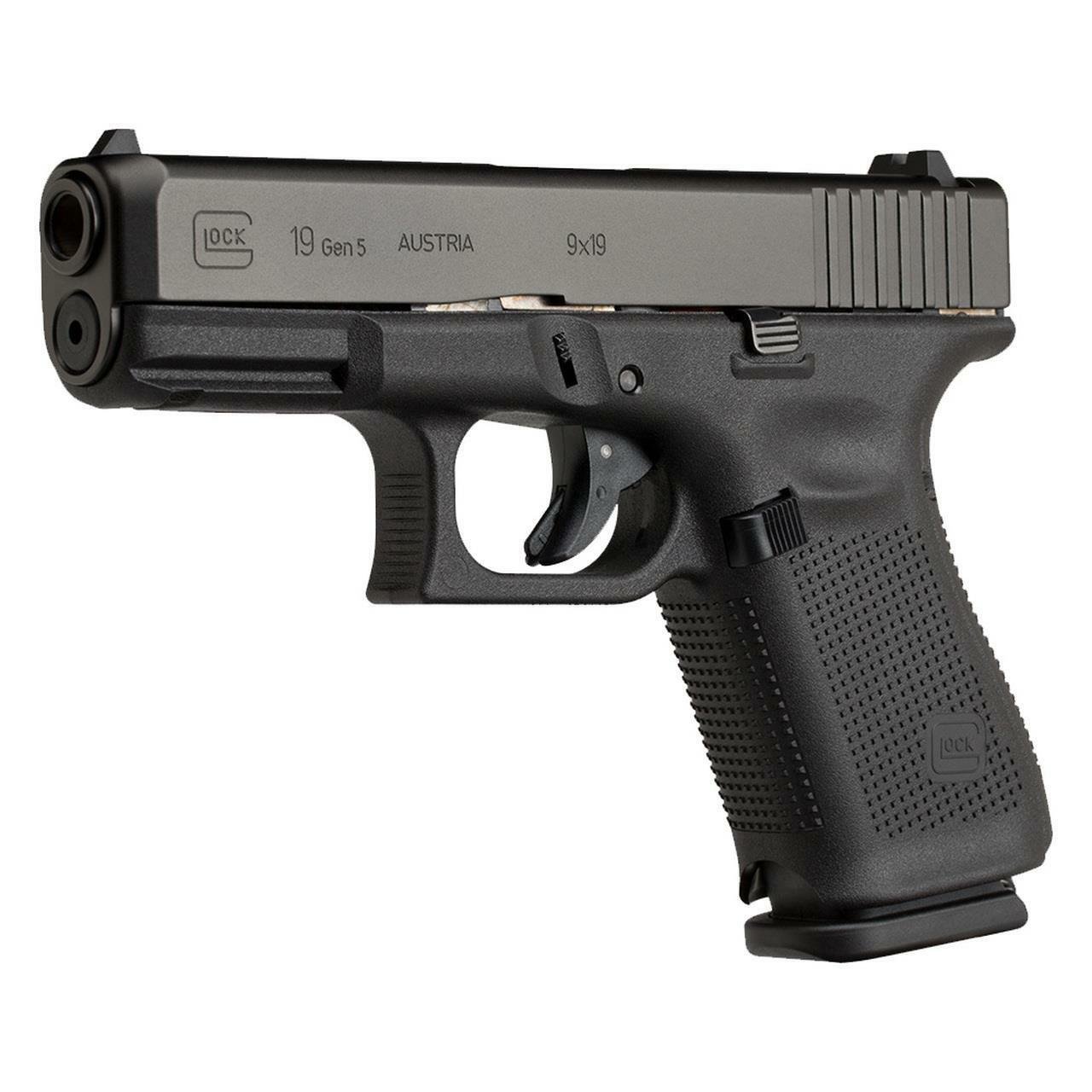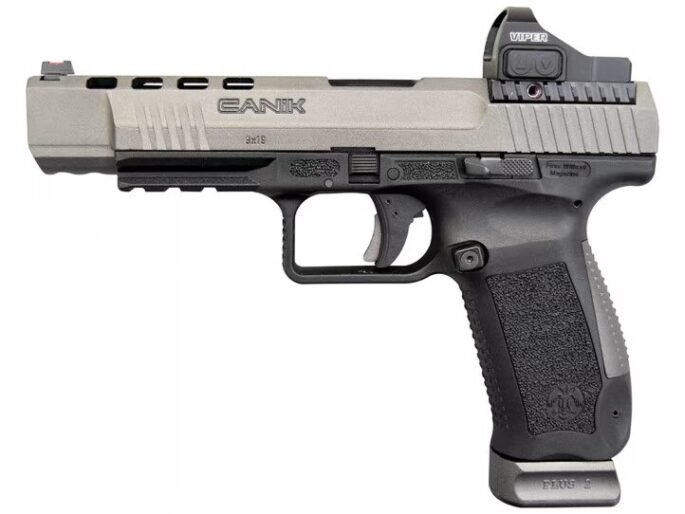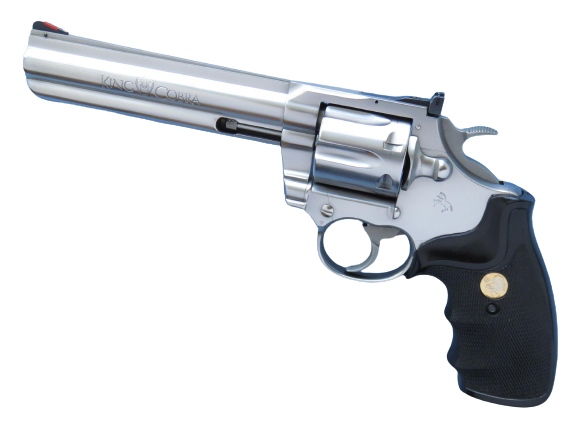- Your cart is empty
- Continue Shopping
Is buying a gun a good idea


Advantages of buying a gun
Buying a gun, The decision of whether or not to buy a gun is a deeply personal one, often driven by a complex interplay of factors. One of the most frequently cited reasons for gun ownership is personal protection. The idea is that a gun can act as a deterrent against potential threats, discouraging would-be criminals from targeting someone who is armed. This argument suggests that a gun can provide a sense of security and empower individuals to take control of their own safety.
Moreover, the ability to defend oneself and others in dangerous situations is often seen as a compelling reason to own a firearm. Proponents argue that in the face of imminent danger, a gun can be the only means to protect oneself or loved ones from harm, especially when law enforcement response times may be delayed or insufficient. However, it is essential to acknowledge that these arguments are not without their complexities.
The effectiveness of a gun as a deterrent is debated, and the use of a firearm in self-defense can be a dangerous and potentially fatal decision. It is crucial to carefully consider the legal ramifications, the potential for accidental discharge, and the responsibility that comes with owning a gun before making such a decision.
Buying a gun for hunting and outdoor activities
The decision tobuy a gun for huntingand outdoor activities is a significant one, requiring careful consideration of personal needs, local regulations, safety protocols, and ethical responsibilities. First and foremost, it is crucial to research and understand the specific types of firearms appropriate for your chosen hunting pursuits, whether it be big game, small game, or waterfowl. Factors such as caliber, action type, and barrel length will all play a role in choosing the right gun for your specific needs. Before purchasing, it’s essential to visit a reputable gun store and try out different models, ensuring a comfortable and safe fit for your body size and shooting style.
Furthermore, understanding and adhering to local hunting laws and regulations, including licensing requirements, safe storage practices, and hunting seasons, is crucial. Beyond the technical aspects,acquiring a gun for huntingalso necessitates a strong commitment to safe handling, responsible target practice, and ethical hunting practices.
Respect for wildlife, adherence to humane hunting principles, and awareness of potential dangers are paramount in ensuring a safe and enjoyable outdoor experience. Ultimately, purchasing a gun for hunting and outdoor activities involves a multifaceted process that necessitates responsible decision-making, thorough research, and a commitment to safety and ethical considerations.
Buying a gun for Home Security
Owning a gun for home securityis a complex issue with both proponents and detractors. Proponents often cite the protection of property and the deterrence of burglaries and home invasions as primary justifications. They argue that having a firearm in the home can act as a deterrent to potential criminals, who might be less likely to target a house they believe is armed. In the event of a home invasion, a gun can provide a means of self-defense and potentially prevent injury or loss of life.
They also point to the possibility of using a firearm for self-defense against other threats, such as domestic violence or attacks by dangerous animals. However, it’s important to remember that the decision of whether or not toown a gunis a deeply personal one, and should be made after careful consideration of all factors. There are also significant concerns surrounding gun ownership, including the risk of accidental discharge, misuse, and theft, all of which can have devastating consequences.
Additionally, studies have shown that households with guns are at a higher risk of homicide, both intentional and unintentional. Ultimately, the decision toown a gun for home securityshould be made with a clear understanding of the potential risks and benefits involved.
Buying a gun for Sport hunting
The decision topurchase a firearm for sport huntingis weighty, demanding careful consideration of both practical and ethical factors. Selecting the right firearm is paramount, as it hinges on the game you intend to hunt. A powerful rifle with a high-velocity round may be ideal for large game like deer or elk, while a shotgun with smaller gauge shells is more suitable for smaller birds or waterfowl. It’s crucial to understand the ballistics of each cartridge and its potential for ethical and humane kills. Equally important is the fit and handling of the firearm.
The gun should be comfortable and easy to handle, allowing for accurate shots. Researching different models and brands, visiting local gun stores, and potentially taking a shooting course can provide valuable insights. Beyond the firearm, owning a gun for sport hunting necessitates investing in safety equipment like ear and eye protection, and acquiring a comprehensive understanding of safe handling and storage practices. Responsible gun ownership is paramount, ensuring the firearm is always stored securely, unloaded, and inaccessible to unauthorized individuals. This commitment to safe firearm ownership not only protects yourself and others but also ensures the ethical and responsible pursuit of your passion for sport hunting.

Buying a gun for Survival skills and self-sufficiency
The decision topurchase a firearmfor survival skills and self-sufficiency is a complex one, steeped in ethical, legal, and practical considerations. For some, the ability to defend themselves and their loved ones, particularly in remote or isolated areas, is paramount. A firearm can offer a sense of security against potential threats, be they wild animals, intruders, or natural disasters that disrupt the established order. Moreover, the knowledge of how to safely and effectively utilize a firearm can empower individuals to contribute to their safety and the well-being of their communities during emergencies.
This knowledge can be invaluable in situations where access to law enforcement is limited or delayed, and the ability to hunt for sustenance becomes essential. However, the decision to own a firearm is not to be taken lightly. Responsible gun ownership necessitates rigorous training, proper storage, and unwavering adherence to safety protocols. Individuals must understand the legal ramifications of firearm possession, including local ordinances and state laws, as well as the ethical implications of using lethal force.
Furthermore, thepurchase of a firearmshould be a conscious and deliberate choice, driven by a genuine need for self-reliance and a deep understanding of the responsibility that comes with wielding such a powerful tool. Ultimately, the decision toown a firearmis a personal one, influenced by individual circumstances and beliefs. However, it is vital to approach this decision with maturity, responsibility, and a commitment to safe and ethical firearm handling.
Buying a gun for Collection and Hobby
Collecting firearmscan be an incredibly rewarding hobby, offering a unique blend of history, artistry, and community. The allure of historical firearms, with their intricate craftsmanship and stories of past eras, can be captivating. From antique muskets to revolutionary-era pistols, each piece represents a significant moment in time, offering a tangible connection to the past. The sheer variety of models and types available to collectors is staggering, from the elegant simplicity of a single-shot rifle to the complex mechanisms of a semi-automatic pistol.
Each firearm tells a story, whether it’s the precision engineering of a target pistol, the rugged design of a hunting rifle, or the military heritage of a battle-scarred weapon. Beyond the tangible aspects, collecting firearms fosters a strong sense of community among gun owners. Sharing knowledge, stories, and experiences at gun shows, forums, and clubs creates a network of passionate enthusiasts who appreciate the history, craftsmanship, and responsible stewardship of firearms. Whether seeking historical significance, variety, or camaraderie, collecting firearms provides a unique and fulfilling hobby that combines passion with knowledge and fosters a sense of connection to the past and present.

Buying a gun for Constitutional Right
The Second Amendment of the United States Constitution guarantees theright to bear arms, a right deeply rooted in American history and tradition. This right is not merely a historical relic; it’s a fundamental principle that protects individual freedom, self-defense, and the ability to participate in a well-regulated militia. Exercising this right responsibly is paramount. Responsible gun ownership involves a commitment to safety, education, and adherence to all applicable laws.
This means undergoing proper training, securing firearms responsibly, and understanding the profound impact of firearms in our society. Furthermore, it means advocating for sensible gun safety measures, such as background checks and safe storage practices, to prevent tragedies and ensure that firearms are used only for lawful purposes. Every gun owner has a responsibility to act as a steward of this right, contributing to a culture ofresponsible gun ownershipthat prioritizes safety and respects the rights of all.
Buying a gun for Peace of Mind
The desire to purchase a gun for peace of mind is often driven by a complex interplay of emotions and perceptions. For some, the presence of a firearm provides a tangible sense of safety and preparedness, particularly in an environment where fear of crime or violence is prevalent.
Owning a gun can create a psychological comfort zone, reinforcing the belief that one is capable of protecting themselves and their loved ones in the face of danger. This sense of control and readiness can be particularly appealing during times of uncertainty, social unrest, or heightened anxieties.
The perceived ability to defend oneself can lead to a reduction in anxiety and a feeling of empowerment, providing a sense of security against the unknown. However, it’s crucial to acknowledge the nuanced nature of this rationale, as the acquisition of a firearm should always be accompanied by responsible ownership, thorough training, and a deep understanding of the potential consequences and risks involved.
Buying a gun for Professional Use
Thepurchase of firearmsfor professional use encompasses a wide range of individuals and professions, each with unique requirements and considerations. Law enforcement and military personnel, tasked with protecting citizens and national security, undergo rigorous training and background checks before being authorized to acquire firearms.
They often utilize specialized weapons, such as pistols, rifles, and shotguns, optimized for their specific duties, including crowd control, self-defense, and tactical operations. Similarly, security professionals, working in fields like private security, corporate protection, and armed escort, require firearms for the safe performance of their duties. They must adhere to strict licensing and training standards, ensuring their proficiency in handling firearms and de-escalation techniques. Hunting guides and outdoor experts, entrusted with leading individuals into potentially hazardous environments, also rely on firearms for safety and survival.
Their expertise in wildlife management, ethical hunting practices, and firearm safety is paramount, ensuring both the preservation of wildlife and the well-being of their clients. While the motivations and responsibilities may differ, all these professions share a crucial commitment to responsible firearm ownership and utilization, maintaining public safety, and upholding ethical standards within their respective fields.
Buying a Gun for Physical and Mental Health Benefits
It’s important to address the sensitive nature of this topic. While some individuals may find certain physical and mental health benefits in target shooting and gun ownership, it’s crucial to acknowledge the inherent risks and potential negative consequences associated with firearms. Promoting gun ownership solely for these benefits is irresponsible and ignores the serious societal issues surrounding gun violence. Improved hand-eye coordination can indeed be a result of target shooting, but so can a heightened risk of accidents and injuries. Stress relief and relaxation can be achieved through target shooting, but this activity can also lead to an unhealthy dependence on firearms as a coping mechanism.
A sense of empowerment and confidence can be gained through gun ownership, but this can be accompanied by a false sense of security and even an increase in aggression or recklessness. It’s essential to prioritize responsible gun ownership, emphasizing safety, education, and mental health awareness. Ultimately, promoting a healthy lifestyle and positive coping mechanisms should be the focus, not advocating for gun ownership as a means to solve personal challenges.



